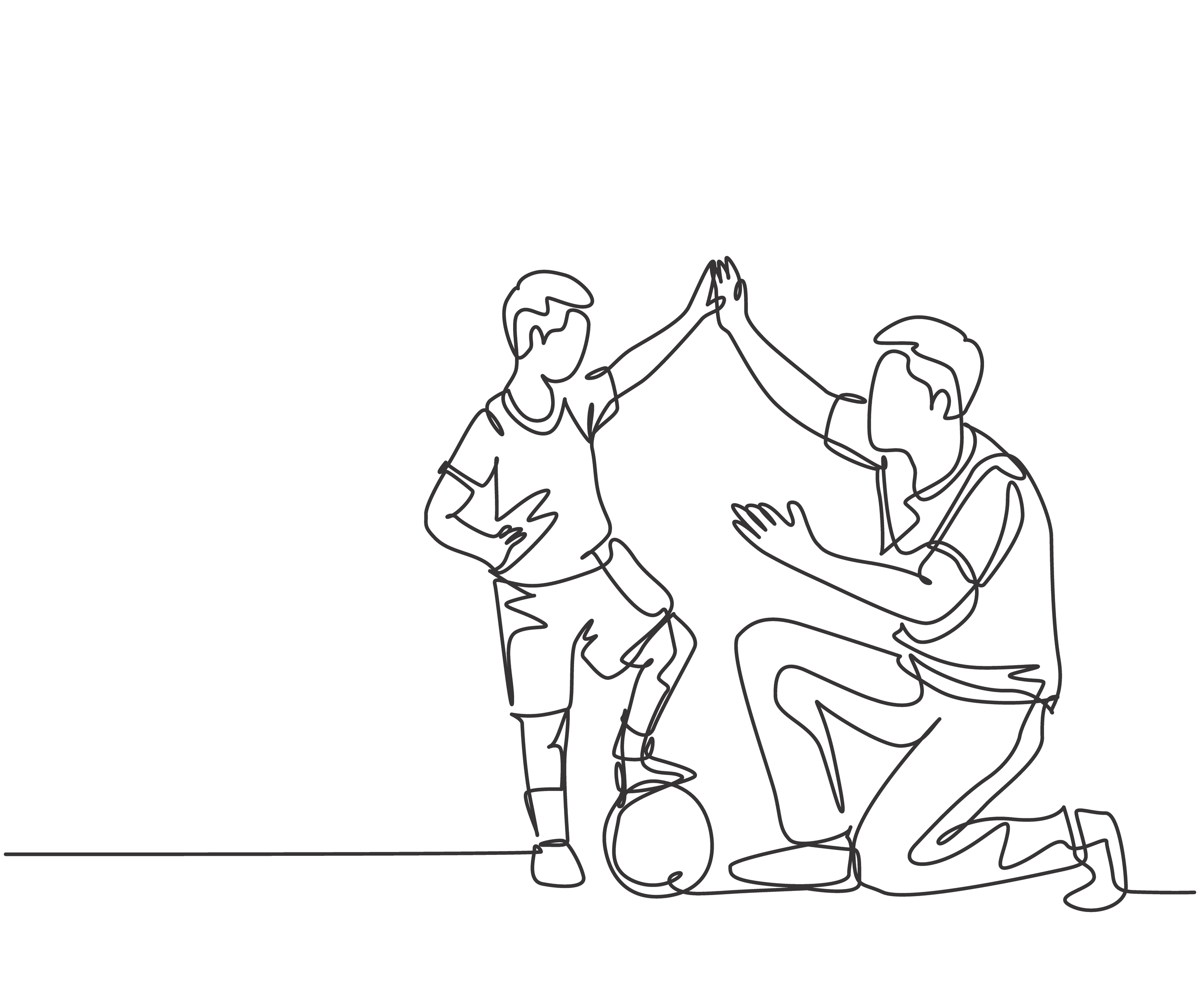Sensory Under-Responsivity
What is sensory under-responsivity?
Sensory under-responsivity refers to a condition where individuals have a diminished response to sensory stimuli. This can manifest as a lack of reaction to sounds, sights, touch, taste, or movement, resulting in either indifferent behaviors or a failure to notice significant sensory input that would typically elicit a response.
What causes sensory under-responsivity?
The causes of sensory under-responsivity can be complex and may include neurological differences, developmental conditions such as autism or ADHD, and sensory processing disorder. Genetic factors may also play a role in an individual’s sensory processing abilities.
How can I identify if my child has sensory under-responsivity?
Signs of sensory under-responsivity in children may include seeming uninterested or unaware of their surroundings, failing to respond to loud noises or bright lights, and showing little reaction when touched. If your child appears to have an unusually high tolerance for pain, it might be another indicator.
Can sensory under-responsivity affect daily functioning?
Yes, sensory under-responsivity can greatly impact daily functioning. Individuals may appear disinterested in engaging with their environment, which can lead to challenges in social interactions, academic settings, or everyday tasks such as personal hygiene and safety awareness.
Are there particular triggers for sensory under-responsivity?
Unlike sensory over-responsivity, individuals with under-responsivity may not have specific triggers. Instead, they may show a general lack of awareness toward common sensory inputs, making it challenging to identify particular stimuli that provoke a response.
How can I support a child with sensory under-responsivity?
Supporting a child with sensory under-responsivity involves providing engaging sensory experiences that actively stimulate their senses. This can include using textured materials, introducing varied activities with movement, or creating opportunities for exploration in different environments.
Is sensory under-responsivity a permanent condition?
Sensory under-responsivity can vary throughout an individual’s life. With appropriate interventions, such as occupational therapy focused on sensory integration, some children may improve their responsiveness and engagement over time, although some may continue to face challenges.
What types of therapies can be beneficial for sensory under-responsivity?
Therapeutic options may include occupational therapy that focuses on sensory integration techniques, physical therapy to improve motor skills and body awareness, and social skills training to enhance interactive capabilities in various settings.
Are there specific tools or resources to help manage sensory under-responsivity?
Useful resources might include sensory-rich environments featuring a variety of textures, sounds, and movement opportunities. Sensory bins filled with various materials can also be beneficial, as can tools like motion-based games that encourage active participation.
How can educators contribute to the success of students with sensory under-responsivity?
Educators can foster success by incorporating sensory activities into daily learning, using bright visuals to capture attention, and offering a variety of hands-on learning experiences. Flexible teaching methods that allow for movement can also enhance engagement and responsiveness.
What are other parents reading?
Separation anxiety can feel really hard for both kids and parents. For families with kids who have special needs, it
Separation anxiety can be tough on any child, but for children with special needs, it often goes hand in hand
Picture this scene: You’ve finally gotten your baby into a comfortable sleep routine. Nights are restful, naps are scheduled, and
Find a Therapist
Find the physical therapist, occupational therapist, or speech language pathologist you are looking for!
Ask Us Anything
Whether you are looking for advice, have a general question about sensory processing, or are looking for resources - we are here to help!
Ask Us Anything
Submit Your Story
Share your story about your child. Let’s celebrate milestones and learn more about challenges.











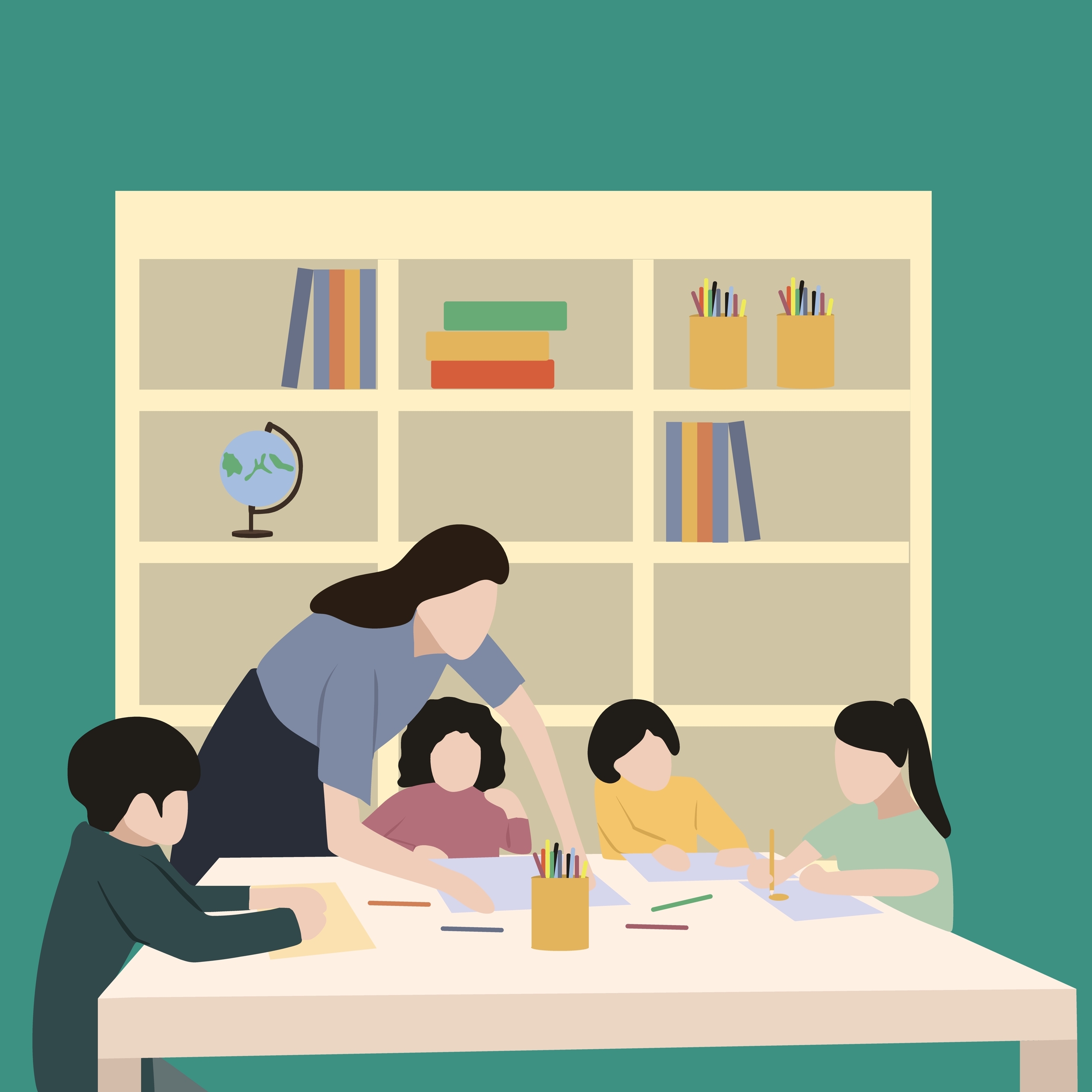






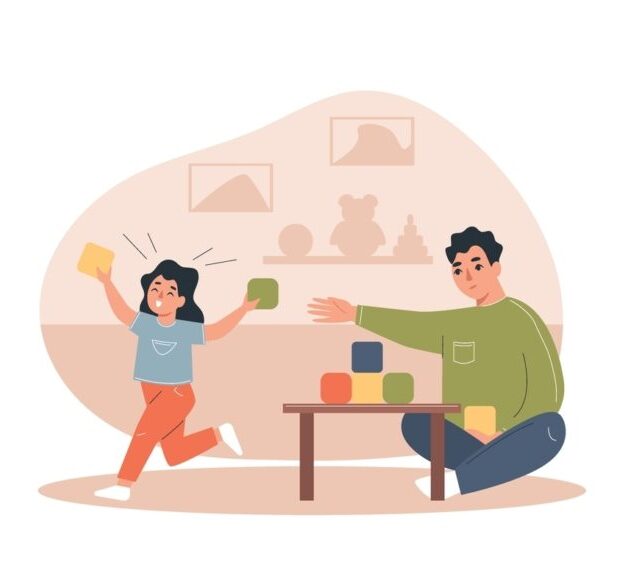



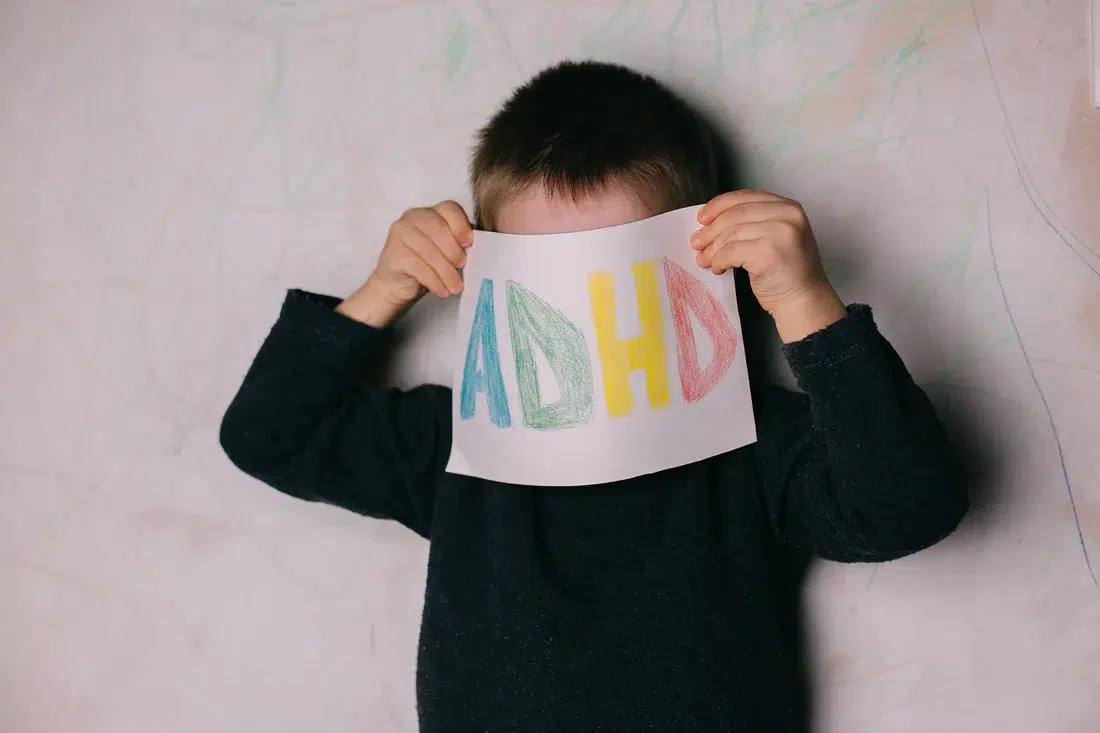




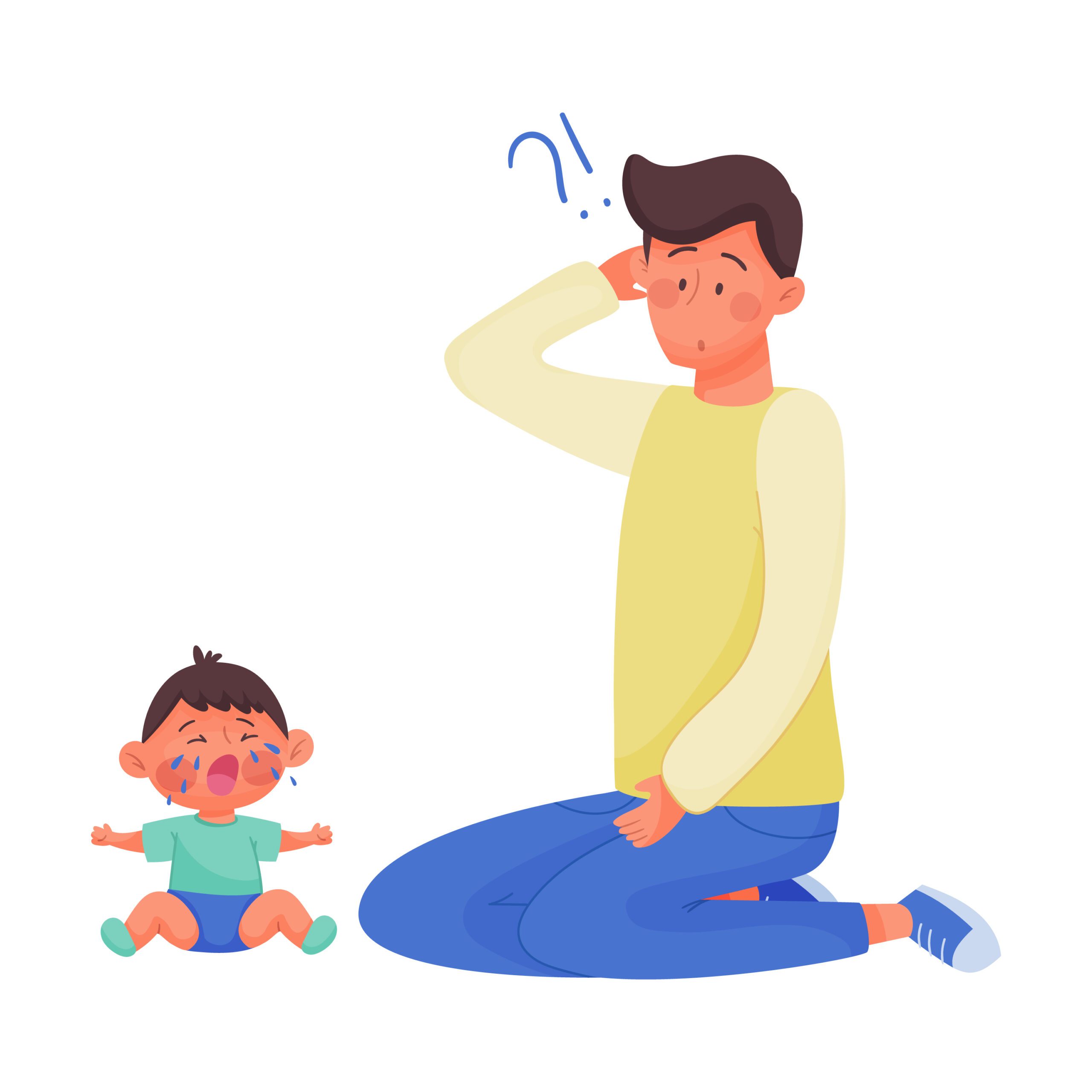
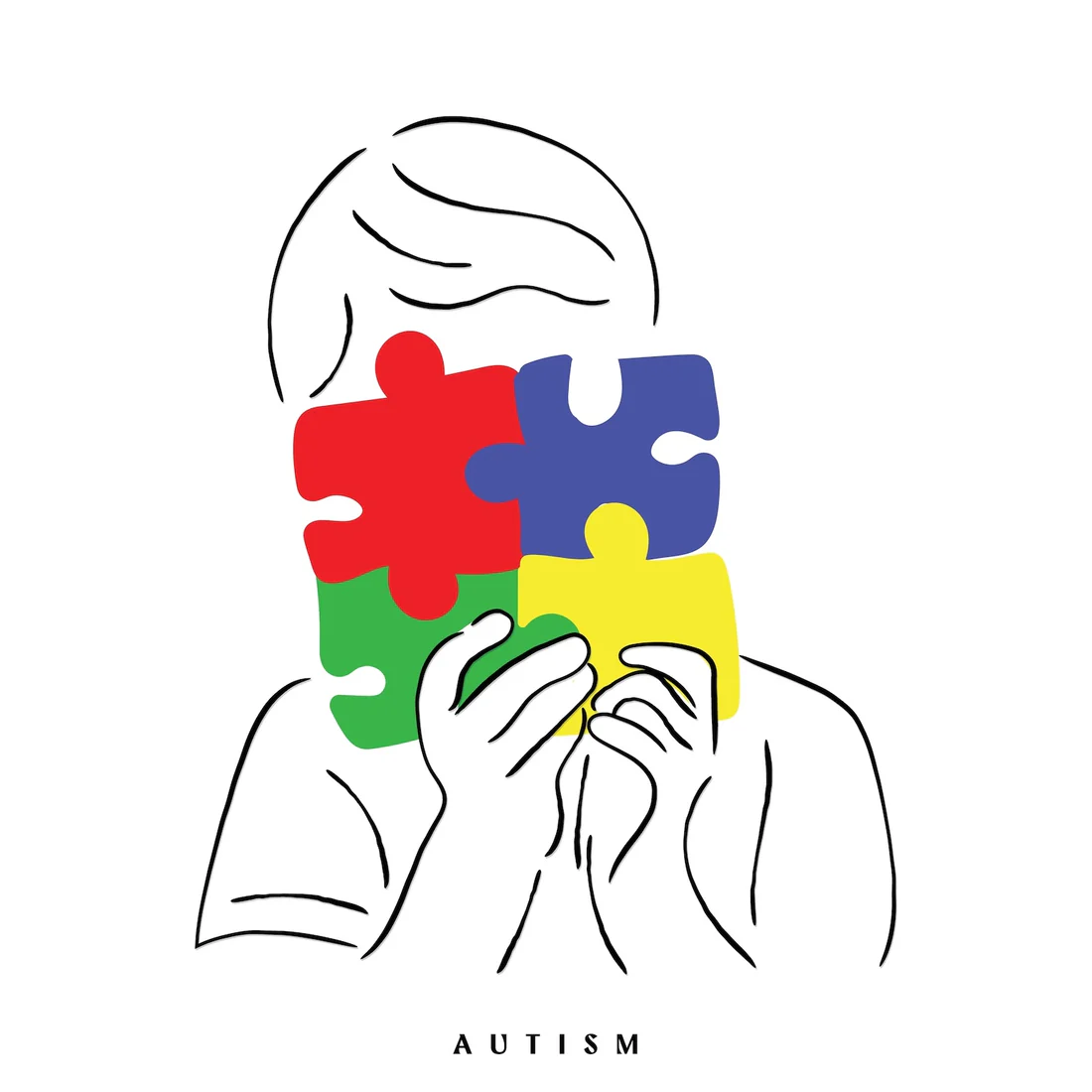
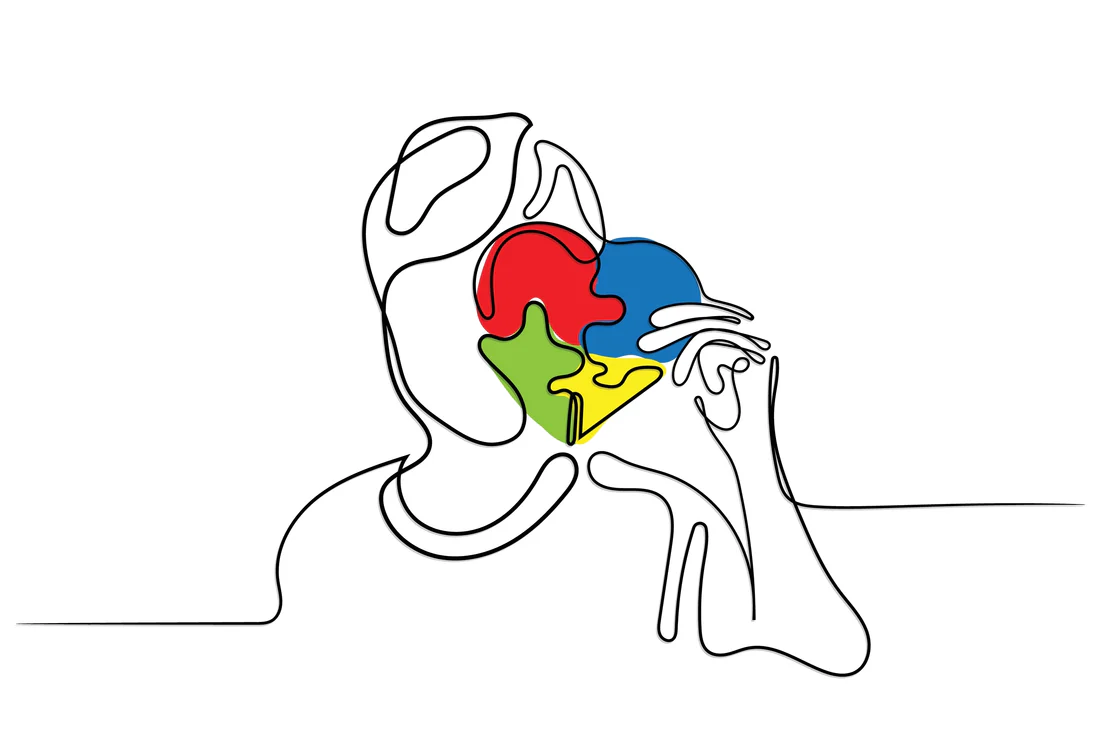










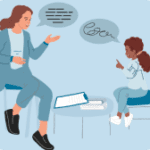 Speech Therapy
Speech Therapy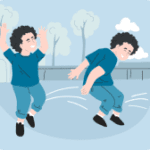 Physical Therapy
Physical Therapy Occupational Therapy
Occupational Therapy




